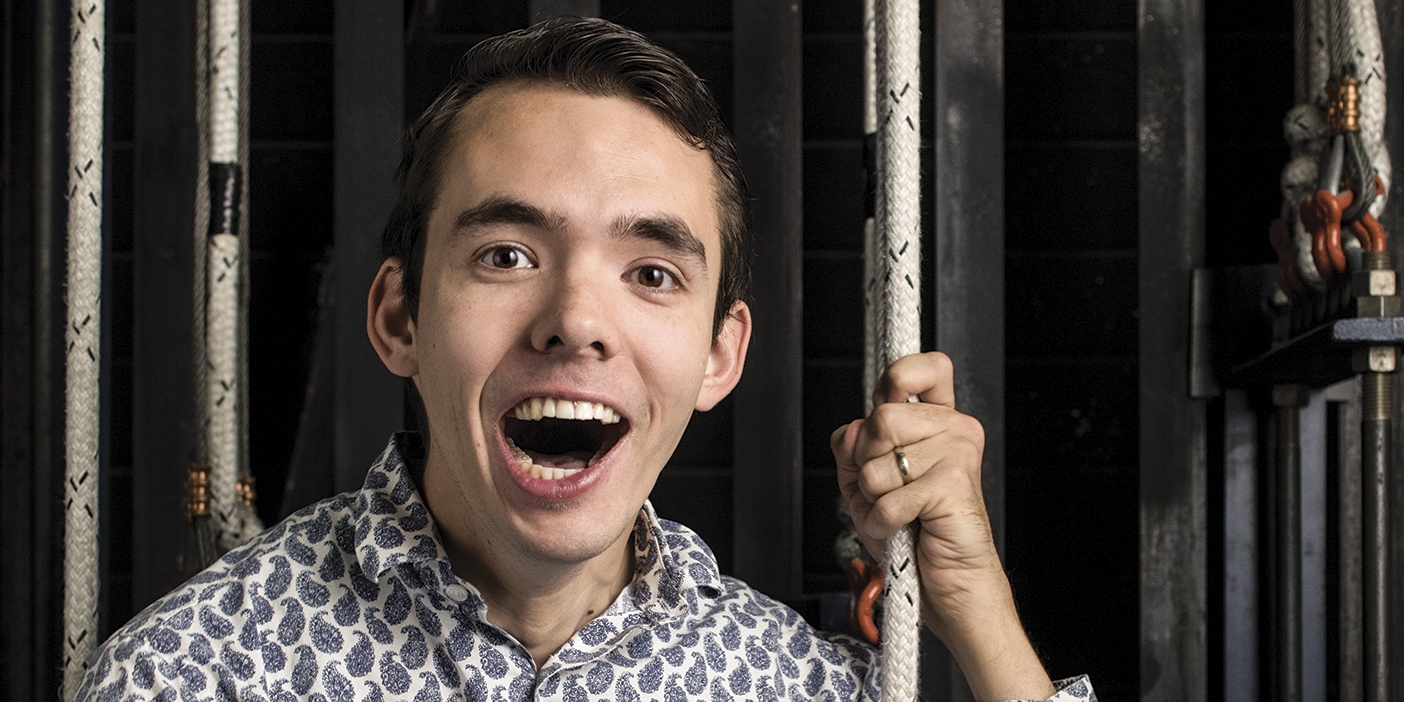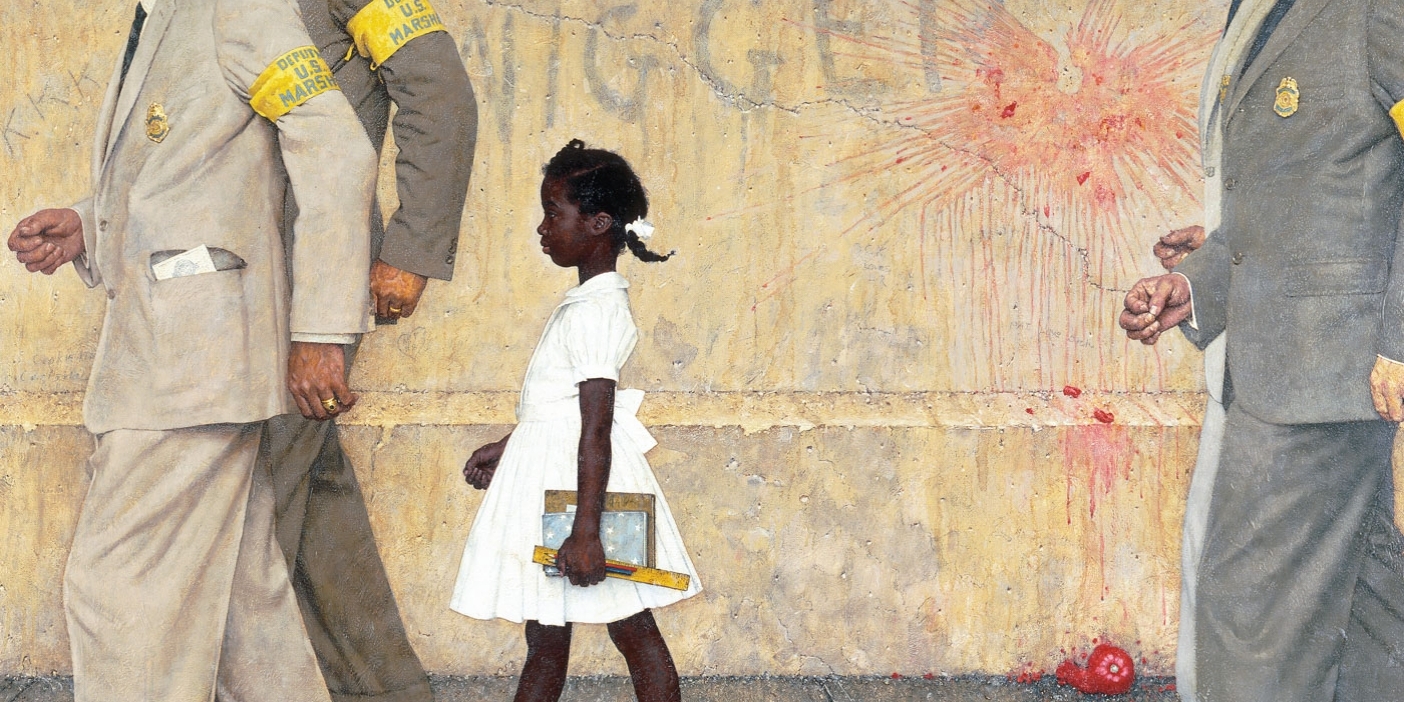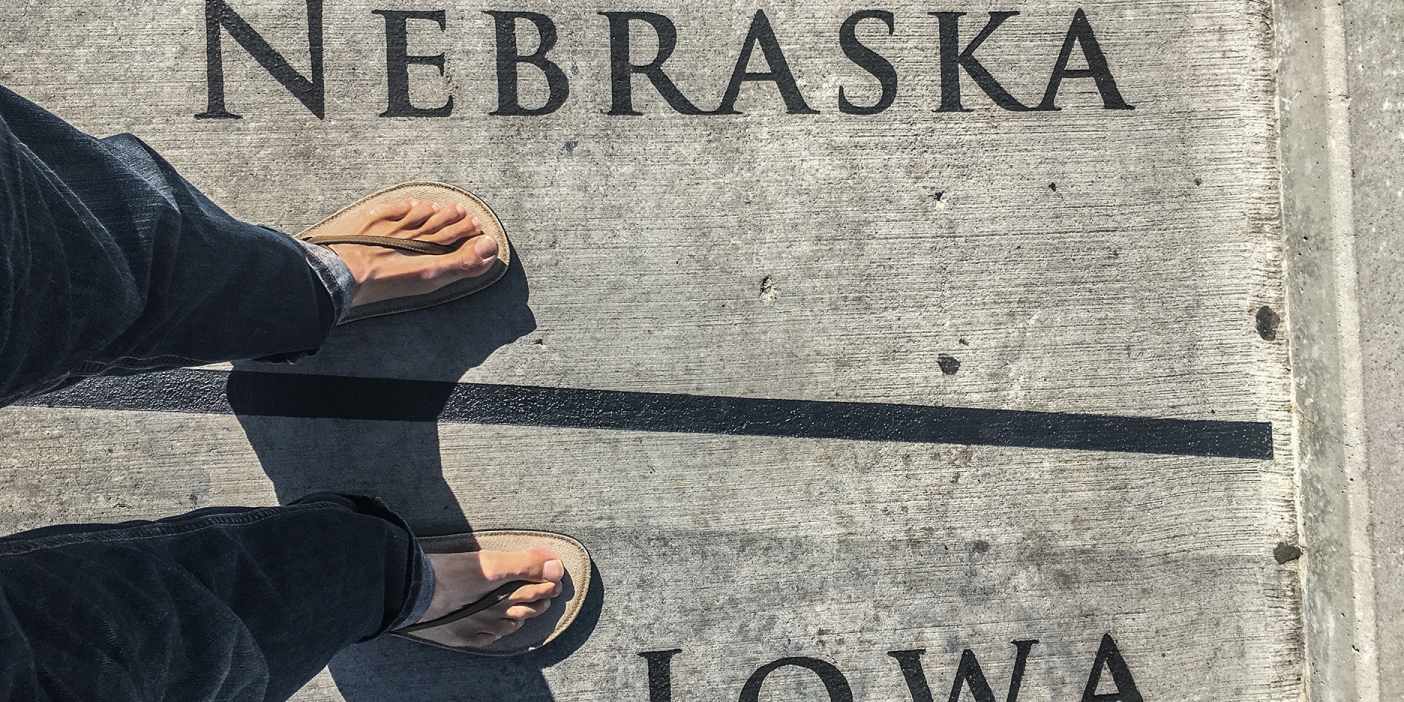How do we abolish slavery for good? Abolitionist historian Matthew Mason has a few suggestions.

Even though it’s illegal everywhere, slavery is practiced in every country, says Matthew E. Mason, BYU history professor and codirector of the international organization Historians Against Slavery, which builds collaboration between scholars and activists to end human enslavement.
What does modern slavery look like?
A: The Global Slavery Index, the research-based resource I trust the most, estimates that there are more than 40 million slaves in the world today. Although sex trafficking gets a huge percentage of the attention, about three-quarters of all slaves are exploited for their manual labor.
Who is being enslaved?
A: Everywhere in the world, the most commonly trafficked people are the extremely vulnerable. Whether in the United States or globally, we are most likely to find victims among refugees, undocumented immigrants, and the very poor. Anytime there is a major disaster or warfare that creates refugees and other vulnerable people, the sad truth is that other people will seek to enslave those people.
Is abolition possible?
A: Though it has been around forever, slavery is more marginal to the world economy and enslaved people are a smaller percentage of our enormous global population than they’ve ever been before. But in absolute numbers, there are arguably more slaves than ever. That said, because it is so marginal, more antislavery advocates are talking today about the possibility we could push slavery off the cliff.
How can people get involved?
A: The most direct way is to give money or volunteer hours to antislavery organizations that you feel you can trust and that have staying power. Everywhere the fight against slavery is underfunded. Nongovernmental organizations always need help. They always need labor. One person’s efforts might not amount to much, but when you join with a group of like-minded individuals, a lot of change can happen.
Survivor accounts are inspiring and motivating. The most accessible accounts are published in these two books: To Plead Our Own Cause: Personal Stories by Today’s Slaves, by Kevin Bales and Zoe Trodd, and Survivors of Slavery, by Laura T. Murphy.












